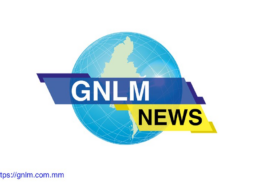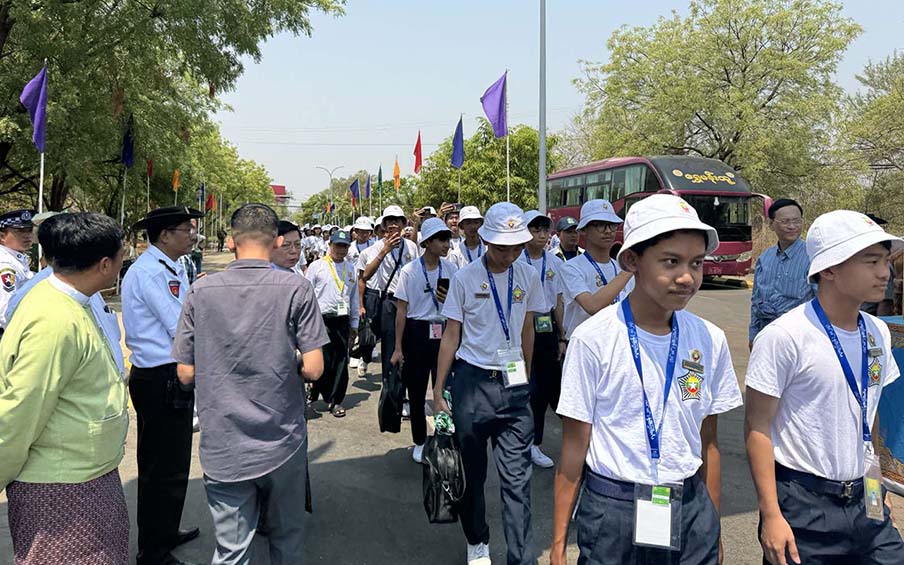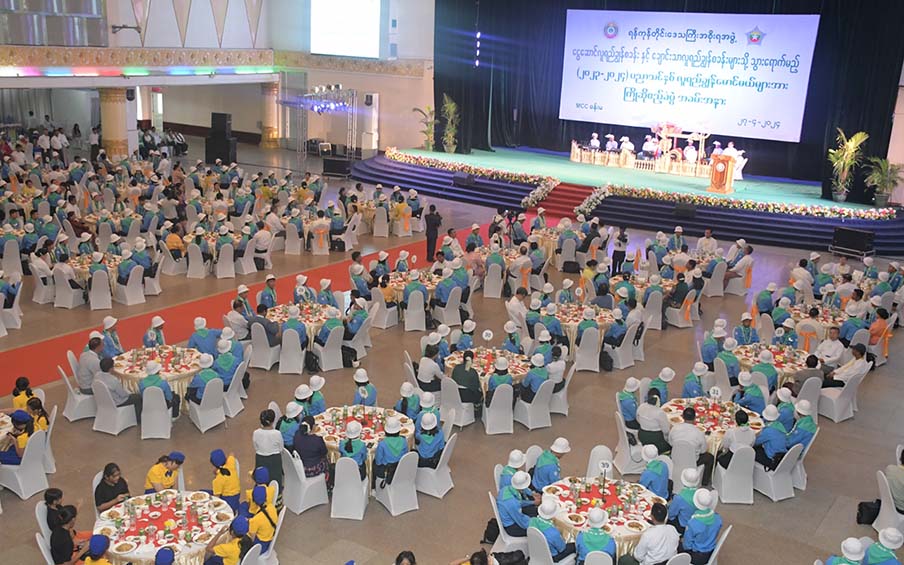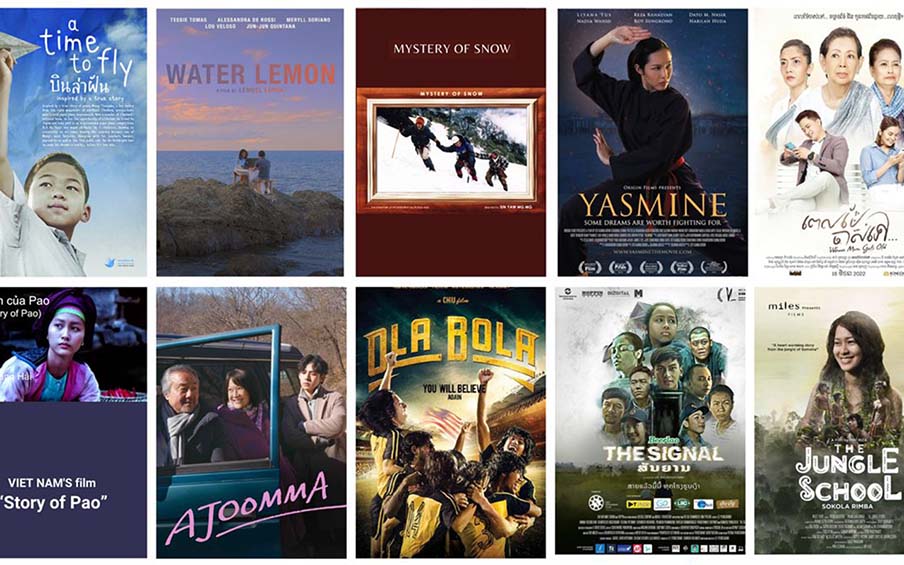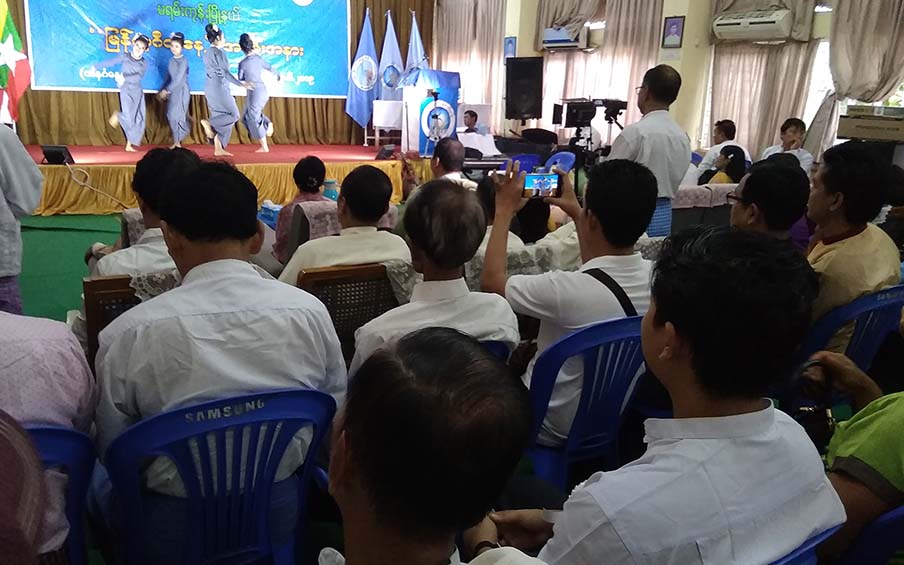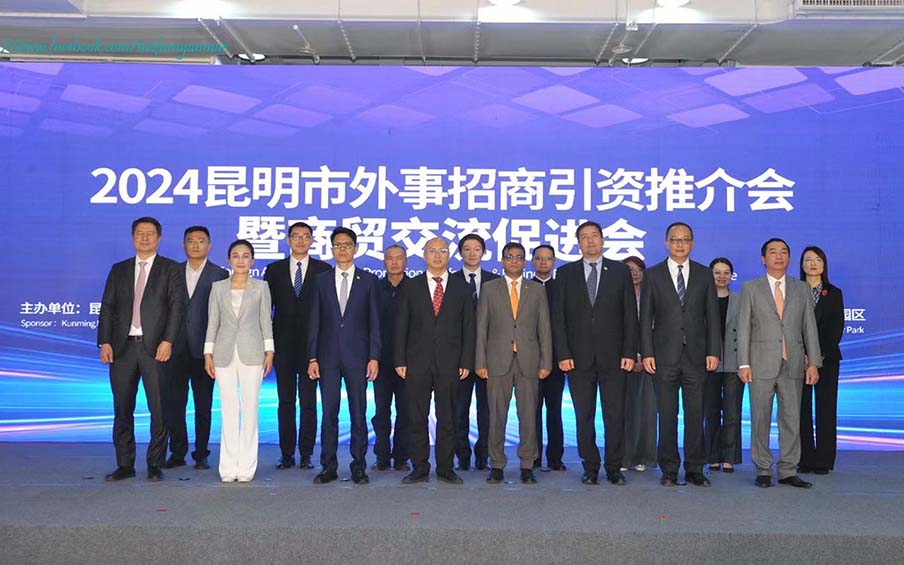Artificial intelligence (AI) technology is progressively permeating various sectors, revolutionizing creative activities by offering outcomes at a lower cost compared to human-generated works. However, the creativity exhibited by AI products has certain limitations. While the application of AI can be discerned, the resulting works fall short of matching the boundless and limitless creativity inherent in human endeavours. Human creativity remains unpredictable, and the superiority of AI-generated outputs over human creations cannot be predetermined.
The emergence of AI technology is a welcomed development, presenting solutions to challenges that surpass human capabilities. Scientists and technologists can leverage AI to surmount critical obstacles in their work processes, contributing significantly to global societal advancement. However, the responsible application of AI is crucial to prevent its abuse and negative consequences.
Every innovation carries both advantages and disadvantages, and a careful evaluation of what is ethically right and wrong is imperative for utilizing the benefits of AI in society. Humans possess a higher capacity to utilize AI as a supportive tool to aid daily tasks. Failure to grasp the intricacies of AI may lead to the technology exerting undue influence on users.
A fundamental goal in applying AI technology should be avoiding plagiarism and protecting the intellectual property (IP) rights of creators and inventors. Blind reliance on AI outcomes can render users victims and addicts, emphasizing the need for balanced decision-making. Users must refrain from complete dependence on AI in all aspects to avoid detrimental consequences.
It is essential to set a clear objective in the ethical use of AI, ensuring that it does not violate the intellectual property rights of creators. Users should not solely rely on AI outcomes, as this dependency can lead to adverse effects on individuals and society at large. Everybody needs to follow IP rights, which comprise industrial designs and innovation, trademarks, artistic works of literature, music, fine arts, and photographic and television products in line with the World Intellectual Property Organization (WIPO) restrictions.
Integrating AI technology into various sectors holds immense potential for societal progress. However, it is imperative to approach its application responsibly, avoiding the violation of intellectual property rights and ensuring a judicious balance between the advantages and disadvantages of AI in the creative realm. Users need to give back the deserved honorarium as well as credits to original creators as a social ethic. If not, violations against IP rights will never end in society, bringing tragic losses for all.
Apply AI but not violate IP rights for the life of creators
- January 26, 2024
- 184




